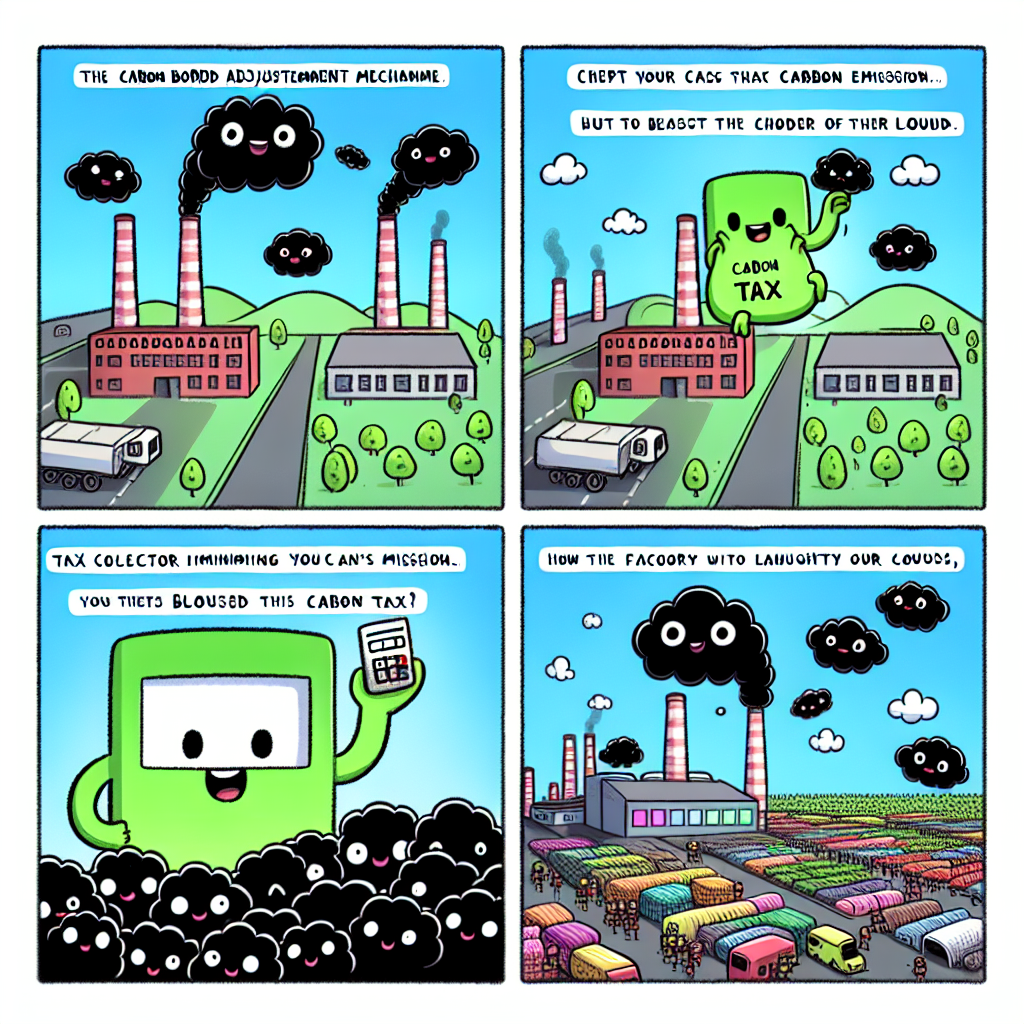Impact of EU's Carbon Tariff on India's Exports: A Closer Look
Finance Minister Nirmala Sitharaman criticized the EU's Carbon Border Adjustment Mechanism (CBAM), stating it will negatively impact India's exports. Despite this, she remains optimistic about finalizing a Free Trade Agreement with the EU. India continues to pursue ambitious green initiatives and aims for net zero by 2070.

- Country:
- India
Finance Minister Nirmala Sitharaman has voiced strong concerns over the European Union's Carbon Border Adjustment Mechanism (CBAM), describing it as unilateral and arbitrary. She stated that the new tariffs could severely impact India's exports, as the EU is a significant trading partner for the country.
Scheduled for implementation from January 2026, CBAM targets energy-intensive goods in industries such as steel, cement, and fertilisers. While these new measures pose a challenge to Indian exports, Sitharaman reassured that this would not obstruct Free Trade Agreement (FTA) negotiations with the EU.
Amid these challenges, the minister highlighted India's commitment to environmental goals. Initiatives like the PLI scheme and PM Surya Ghar Muft Bijli Yojana have been introduced to advance green energy, with the country aiming to reach net zero emissions by 2070.
(With inputs from agencies.)
ALSO READ
US-India Economic Summit: Cooperation in Climate Change and Green Jobs Take Center Stage
Breaking Science News: Space Missions, Rockets, and Climate Change Insights
India Leads the Way in Integrating Climate Change into Public Health Policies
UN Agencies Call for Stronger Collaboration to Tackle Extreme Maritime Weather Amidst Climate Change
Cultivating Resilience: Germany's Beer Industry Fights Climate Change










